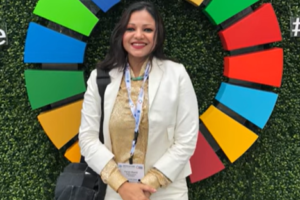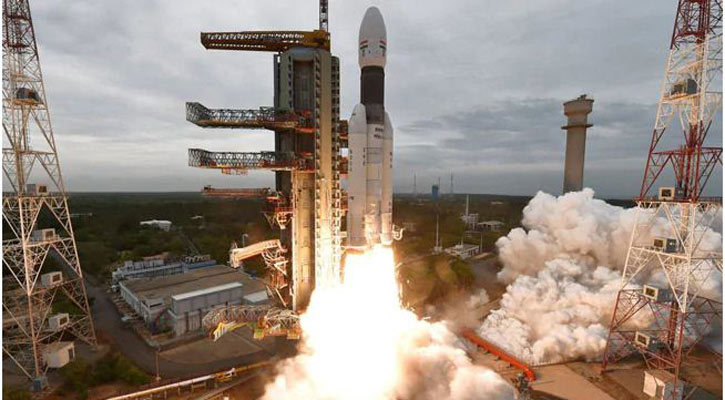The World Health Organization voiced deep concern Friday over healthcare access in Afghanistan amid a sweeping Taliban offensive as US troops pull out of the war-torn country.
“It’s a terribly concerning situation, and it’s very fluid right now,” said Rick Brennan, the WHO emergencies director in the Eastern Mediterranean
region.
“We are clearly concerned about the decline in the access to healthcare,” he added, speaking to journalists in Geneva via video-link from Cairo.
His comments came as the Taliban on Friday claimed to be in control of 85 percent of Afghanistan, including a key border crossing with Iran, as US troops continued to withdraw.
Hours after US President Joe Biden issued a staunch defence of the withdrawal, the Taliban said fighters had seized the border town of Islam
Qala — completing an arc of territory from the Iranian border to the frontier with China.
Brennan said a number of healthcare staff had left health facilities over security fears, but that some had also opted to return.
“It’s a mixed picture right now,” he said.
Brennan said the WHO did not have direct communications and dialogue with the Taliban.
But he said the UN agency had received requests from some districts that had been taken over by the Taliban for it “to stay to continue the continuity of health services.”
He stressed that the WHO, and especially its polio vaccination channel, had managed to stay and deliver services in difficult conditions in the past.
“I think that is going to provide us a platform to continue to provide services, but … things can change on a daily basis and we are clearly very
concerned,” he said.
The latest unrest in Afghanistan comes as the country faces a slew of crises, including a devastating third wave of Covid-19 infections, as vaccination rates remain extremely low, with fewer than four percent of the population vaccinated.
To date, the country officially counts 131,586 cases and 5,561 Covid deaths, but Brennan stressed these figures “represent a significant underestimate”.
The UN children’s agency UNICEF said Friday that more than 1.4 million doses of the Johnson & Johnson single-dose vaccine arrived in Afghanistan on Friday.
They constituted the first shipment of a total of 3.3 million doses that had been donated by the United States and delivered through the vaccine-
sharing platform Covax.
While this shipment was very welcome, UNICEF and the WHO stressed that many more vaccines would be needed to help rein in the exponential increase in cases in Afghanistan since last month.
“We’ll need millions more to reach the target,” Brennan said, pointing to the WHO-declared goal of every country vaccinating at least 40 percent of their population by year-end.






















